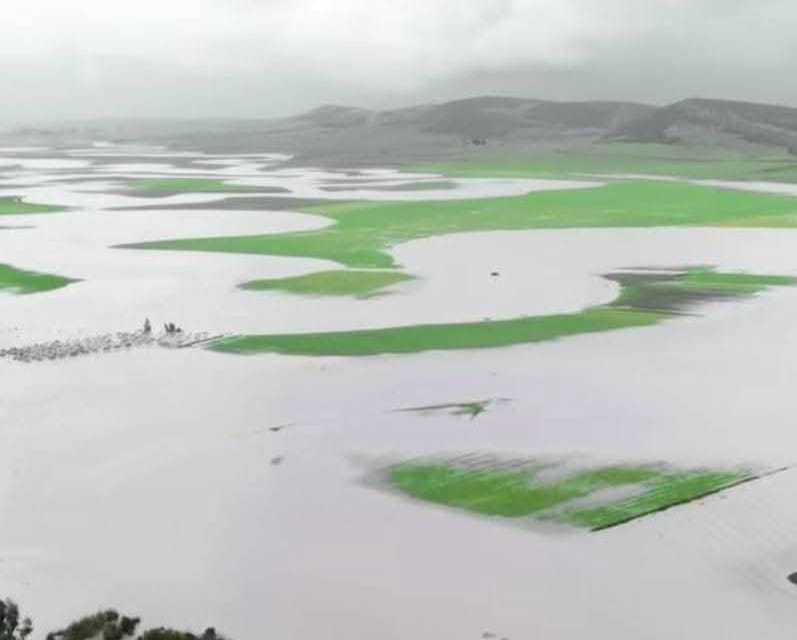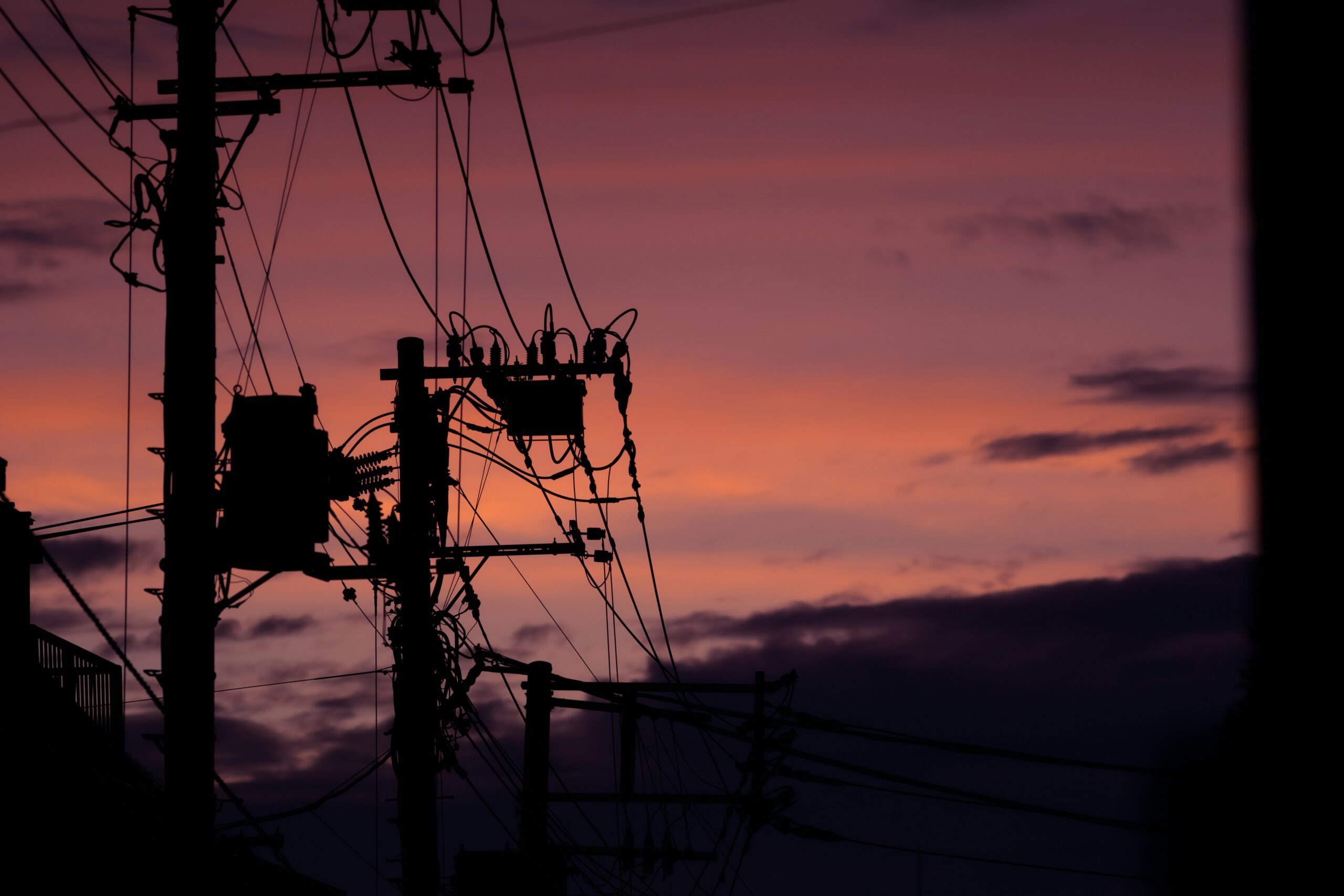Casablanca – A widespread power outage that affected Spain and parts of Portugal on Monday afternoon caused temporary service disruptions in Morocco, impacting internet connectivity and airport operations. While the blackout created noticeable disturbances in digital and logistical infrastructure, Moroccan authorities confirmed that the country’s electricity grid remained stable and unaffected.
The outage began at approximately 12:35 PM local time and quickly spread across large sections of the Iberian Peninsula, including Spain, Portugal, and parts of southwestern France. The sudden loss of power disrupted a range of essential services in those countries, including transportation, telecommunications, and data infrastructure. As Morocco maintains various forms of interconnection with its European neighbors, some consequences of the blackout extended beyond the continent.
Impact on telecommunications
One of the first effects observed in Morocco was a disruption in internet connectivity. Orange Morocco, one of the country’s main telecommunications providers, announced that international data links had been impacted due to the failure of upstream service providers located in the affected European regions. In a public statement, the company attributed the network slowdown to the cascading impact of the European blackout on its international internet gateways.
The disturbance led to slower connection speeds and interrupted service for many Moroccan users, particularly those relying on international platforms and services.
Disruptions at airports
The blackout’s effects also reached Moroccan airports, where digital systems experienced interruptions. The National Office of Airports (ONDA) issued a statement confirming that several airports across the Kingdom experienced disruptions in passenger check-in systems and boarding pass issuance due to the outage’s impact on global communication networks.
According to ONDA, the problems stemmed from Morocco’s dependence on certain international telecom providers for operational communications. As those providers faced technical difficulties due to the power outage in Spain and Portugal, Moroccan airport systems experienced a temporary breakdown.
To mitigate the effects, ONDA deployed contingency plans that included switching to manual check-in and boarding procedures. Airport staff worked to ensure the continuity of operations and minimize delays.
By Monday evening, ONDA confirmed that all services had been fully restored and operations were back to normal across all airports. The agency expressed gratitude to travelers for their understanding and cooperation during the temporary disruption.
Electricity grid remains stable
Despite Morocco’s partial interconnection with Spain’s electricity grid, the power outage did not impact the Kingdom’s internal power supply. The National Office of Electricity and Drinking Water confirmed that the Moroccan grid remained fully operational throughout the incident.
While Morocco was importing electricity from Spain at the time of the outage, technical safeguards and infrastructure flexibility helped avoid a spillover effect. In particular, the interconnection with Spain uses direct current (DC) rather than alternating current (AC), which limits the risk of disturbances crossing the network under fault conditions.
In addition to structural protections, Morocco’s domestic generation capacity and grid management mechanisms—such as backup generators and demand balancing strategies—played a role in maintaining uninterrupted electricity service across the country.
Call for infrastructure resilience
The incident, though short-lived, highlights the vulnerability of interconnected infrastructure systems and the need for resilience in the face of regional or international disruptions. As digital and power networks grow increasingly intertwined across borders, any failure in one country can have cascading effects on others, particularly those with close technical or commercial links.
Moroccan authorities continue to monitor the situation and are coordinating with European partners to ensure better preparedness in case of future incidents. While the Kingdom avoided serious consequences this time, the experience underscores the importance of investing in diversified infrastructure and contingency planning.
















